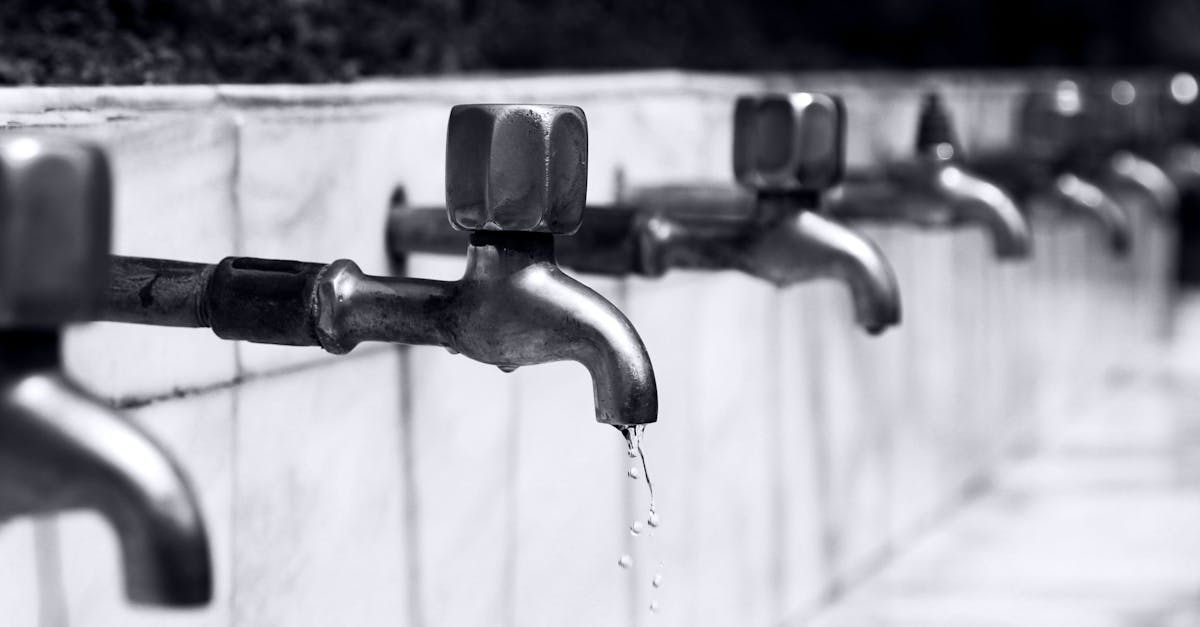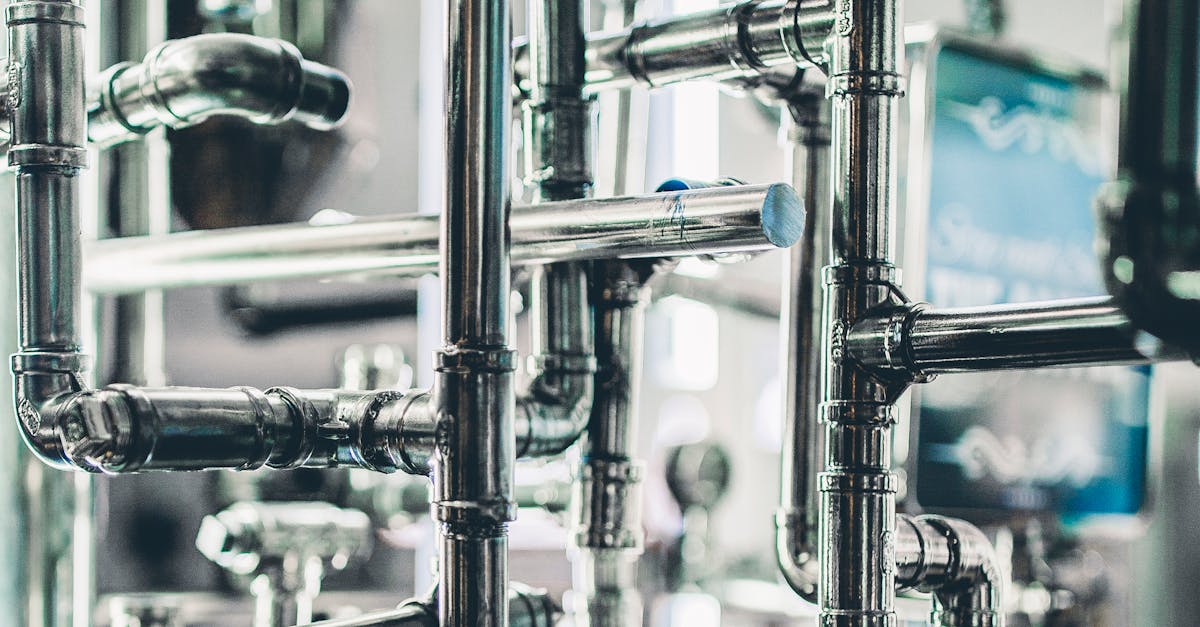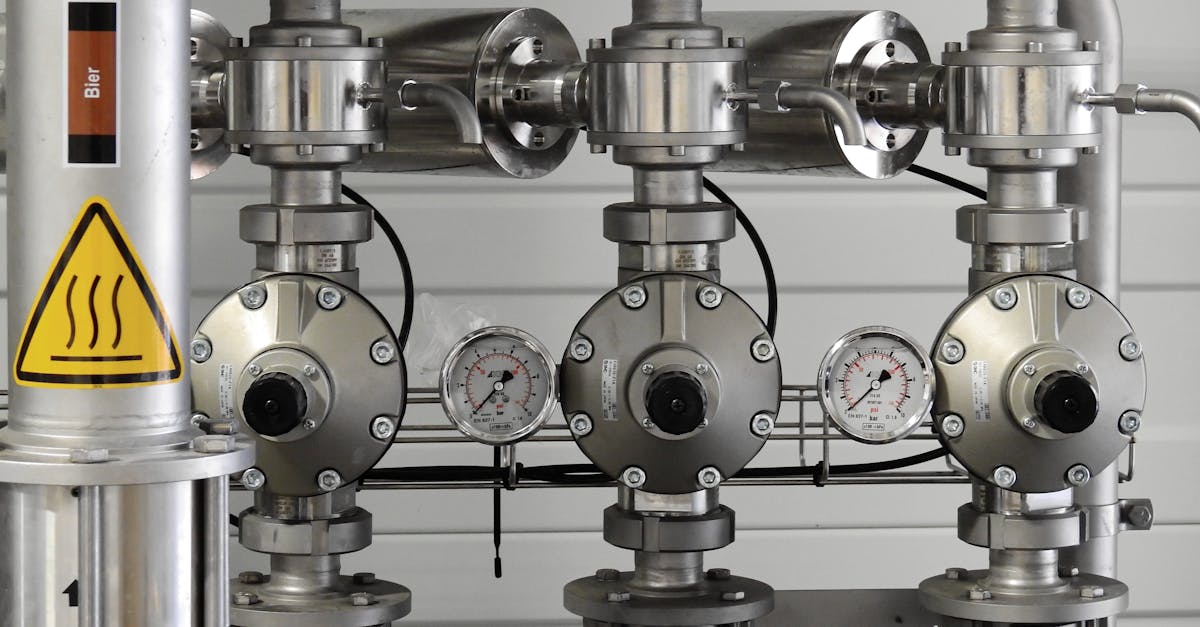
At PB Plumbing, we specialize in top-notch pipe installation and repair services tailored to meet the unique needs of our clients. Whether you’re renovating your home, upgrading your plumbing system, or addressing a pesky leak, our team of experienced professionals is equipped to handle it all. We utilize high-quality materials and the latest techniques to ensure that your pipes are installed correctly and function efficiently. From residential to commercial projects, we pride ourselves on delivering reliable, long-lasting solutions that enhance the performance of your plumbing system. Trust PB Plumbing to keep your pipes flowing smoothly and effectively, ensuring peace of mind in your home or business.
DIY Pipe Repair
Many homeowners encounter minor plumbing issues that can be addressed without professional help. Small leaks or cracks might not seem daunting, and with the right tools and materials, a DIY repair is feasible. Common supplies like epoxy putty, tape, or pipe clamps can often provide temporary fixes. For those with moderate skills, replacing sections of pipe may also be manageable, especially with readily available instructional guides.
It's essential to assess the severity of the problem before deciding to tackle repairs on your own. Complicated issues, such as large leaks or extensive damage, may warrant professional consultation. Attempting to fix serious plumbing issues without adequate knowledge could lead to further complications. Always ensure you know the type of pipe involved and consider local building codes before making any repairs.
Basic Techniques for Simple Repairs
Simple repairs can often be tackled with minimal tools and materials. One effective technique involves using epoxy putty to seal small leaks. This putty hardens quickly and can be molded around the damaged area, providing a temporary fix that withstands water pressure. For pinhole leaks, a rubber patch secured with hose clamps can also serve as a short-term solution, effectively covering the area until a more permanent repair can be made.
Another common issue arises from loose connections. Tightening the fittings can often resolve minor leaks, so checking for any loose joints is essential. For older pipes, replacing worn washers or O-rings at joints can also help prevent leaks. In cases where repairs are more complex, using a pipe repair clamp can provide a quick and effective way to seal a leak on a burst pipe without major disassembly.
The Role of Pipe Insulation
Insulating pipes is crucial for preventing heat loss in hot water lines and avoiding freezing in cold water pipes. By maintaining the water temperature, insulation reduces energy costs and increases the efficiency of the plumbing system. This is particularly important in regions with extreme weather. Proper insulation also helps to prevent condensation on cold pipes, which can lead to water damage and mold growth in surrounding areas.
In addition to energy efficiency, insulation plays a significant role in extending the lifespan of your plumbing. Pipes exposed to rapid temperature fluctuations are more susceptible to damage. Insulation acts as a protective layer, minimizing risks associated with thermal stress. Regularly checking and maintaining this insulation can help anticipate potential plumbing issues before they escalate, saving both time and money on repairs.
Protecting Your Plumbing from Temperature Changes
Extreme temperature fluctuations can lead to significant challenges for your plumbing system. When temperatures drop, water within pipes can freeze, causing pipes to expand and potentially crack or burst. Insulating your pipes is critical in colder climates, as it provides a barrier against the cold and preserves the integrity of your plumbing. Heat tape can also be applied to vulnerable areas, ensuring they maintain a consistent temperature even during harsh conditions.
In warmer months, exposure to excessive heat can lead to other problems, including the loosening of fittings and joints. Insulation protects against these risks while also helping maintain a consistent water temperature, which can improve overall comfort in your home. Regular inspections of insulation materials and replacing any damaged sections can enhance protection and contribute to the longevity of your plumbing system. Implementing these simple strategies can significantly reduce the risk of temperature-related issues.
Understanding Pipe Maintenance
Regular pipe maintenance plays a crucial role in ensuring the longevity and efficiency of your plumbing system. Inspecting pipes for signs of wear, leaks, and corrosion can help catch potential problems before they escalate into costly repairs. Routine checks can include looking for damp spots on walls or ceilings, monitoring water pressure, and listening for unusual sounds coming from the pipes. Addressing small issues promptly can save time, money, and inconvenience down the line.
Another essential aspect of pipe maintenance is keeping your plumbing system clean and free from blockages. Using drain screens can prevent debris from entering pipes, while regular professional cleanings can further reduce buildup. Homeowners should also be mindful of what they flush down toilets or pour down sinks, as improper disposal can lead to clogs. Taking these preventative measures can help maintain efficient water flow and protect against leaks and breaks in the plumbing system.
Tips for Preventing Future Issues
Regular inspection of your plumbing system can significantly reduce the risk of serious issues arising in the future. Look for signs of leaks, corrosion, or faulty joints during these checks. Making it a habit to inspect your pipes especially in vulnerable areas, such as basements and crawl spaces, can help catch minor problems before they escalate. It is also advisable to monitor your water pressure. High pressure can lead to stress on your pipes, resulting in leaks and bursts.
Proper insulation is key to maintaining a stable environment for your pipes, especially in extreme weather. Installing insulation sleeves on exposed pipes can safeguard against freezing temperatures and condensation issues during warmer months. Additionally, be mindful of what items are disposed of in your drains to prevent clogs. Educating household members about proper waste disposal and establishing a maintenance schedule can also go a long way in ensuring that plumbing systems remain in good condition for years.
FAQS
Can I repair a leaking pipe myself?
Yes, minor leaks can often be repaired using DIY methods, such as using pipe sealant or tape. However, for significant leaks or damage, it's best to consult a professional plumber.
What are some basic techniques for simple pipe repairs?
Some basic techniques include using epoxy putty for small holes, applying pipe tape for temporary leaks, or replacing a section of pipe if it’s damaged beyond repair.
How does pipe insulation help with plumbing?
Pipe insulation helps protect pipes from temperature changes, preventing freezing in colder months and reducing condensation in warmer months, which can lead to water damage.
What are some tips for maintaining my pipes?
Regularly inspect your pipes for signs of wear, keep an eye on water pressure, avoid flushing inappropriate items down drains, and consider insulating pipes in extreme temperatures.
When should I consider calling a professional for pipe installation or repair?
You should call a professional if you encounter major leaks, pipe bursts, inconsistent water pressure, or if you’re unsure about how to fix a specific plumbing issue.


